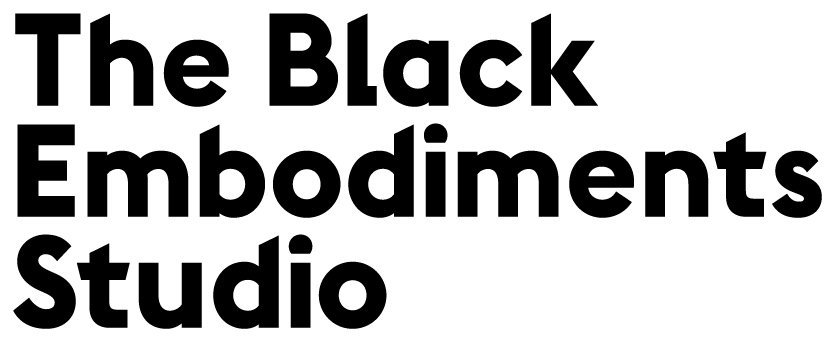Participants in the Arts Writing Incubator meet to discuss contemporary black art, sharpen our understanding of the practice of arts writing, and to develop our own publishable arts writing.
Apply — The Arts Writing Incubator
We welcome applicants to the 2024-2025 Arts Writing Incubator!
This year will feature a single cohort of 5 people who convene October 2024 - May 2025. The cohort will convene virtually every month to discuss assigned arts writing and to workshop writing-in-progress. They are tasked with seeing black art in their own locales on their own time, maintaining a writing practice that engages this art, and will be expected to pitch and ideally publish at least once during their session. Their writing will also be collected in the annual BES journal, A Year in Black Art.
The cohort will also gather for an in-person convening—details TBD—where they will participate in closed-door sessions with invited artists, arts writers, and arts workers.
Cohort members will receive a humble $1,000 for their participation.
Application Details
The application consists of a 2-page letter of interest describing your critical practice, how using writing to think through contemporary black art will be generative to your practice, and what you hope to gain through engaging with The Black Embodiments Studio.
We welcome applicants coming to BES with a variety of interests and experiences in arts writing. This year, however, we are emphasizing the formal and conceptual strategies necessary for two often distinct poles of arts writing: short-form arts journalism, where the arts writer often has to churn out short reviews with high frequency, and longer-form catalogue essays, where writers are often given months if not a year plus to write. This emphasis reflects the national and global conversation about the “death'“ of arts journalism (moving apace with fears about the broader death of traditional journalism, particularly print journalism) as well as the distinct forms, stakes, and ethics that comprise fine art publication practices.
Application materials should be sent in PDF format to blackembodiments@gmail.com by August 2, 2024. 5 people will be notified of their acceptance by September 6, 2024 and publicly announced shortly thereafter. Our organizational capacity unfortunately makes it impossible to respond with individual feedback on applications.
Best Practices
You do not have to have any experience in the arts or in arts writing to apply! But you should be experienced in self-directed thinking, invested in contributing to conversation, and able to dedicate time for reading arts writing and for seeing art on your own time. You should also have proficiency in reading, thinking about, and discussing race, and doing so from an anti-racist perspective.
Things to think about when writing your application: be specific!
Nearly every applicant will discuss their commitment to black art(s) and their need or desire to be amongst other critical black arts thinkers. The routes to these commitments, desires, and needs can be very different, however. Your application should show us how specific people, conversations, ideas, works, and/or artists, etc. have helped shape how you have arrived at this opportunity—and what you might make of it.
You don’t have to have any arts writing experience to participate in the AWI but writing is the tool through which BES operates. It is important to discuss the stakes of (arts) writing for you, your practice, and the contributions you want to make in the (arts) world(s) you are a part of.
There may be plenty you don’t know and want to learn through participating in the AWI—you might not even know what you don’t know! When describing your goals, needs, and/or desires to use BES and the AWI as a learning space, be clear on any specific tools, methods, strategies, frameworks, etc. that you hope to develop and why.
The AWI requires participants set their own schedules for experiencing, reflecting on, and writing about black art. Your letter should discuss how you are currently or will be intentionally engaged in cultural practices in your region, and ways that you are or will be intentionally engaged in some sort of reflection on those practices.
